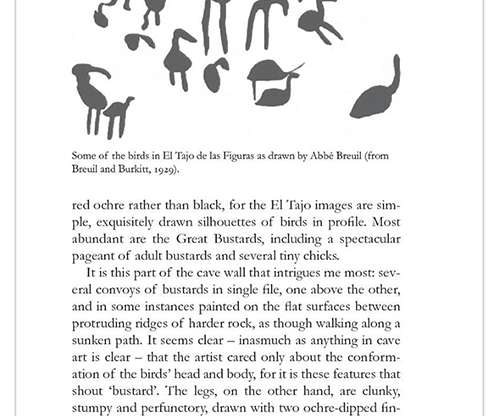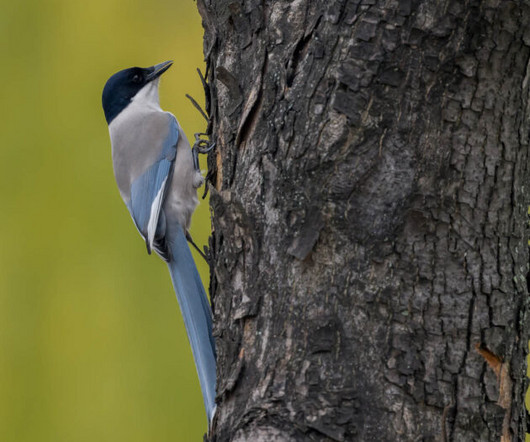Birds and Us: A 12,000 Year History from Cave Art to Conservation–A Book Review
10,000 Birds
SEPTEMBER 6, 2022
Birkhead, the experienced storyteller who is also Emeritus Professor at the School of Biosciences, The University of Sheffield, author of multiple scientific articles as well as books of popular science, knows how to make it readable and fun. The difference seems to be that Selous had previously killed birds and she had not.


















Let's personalize your content